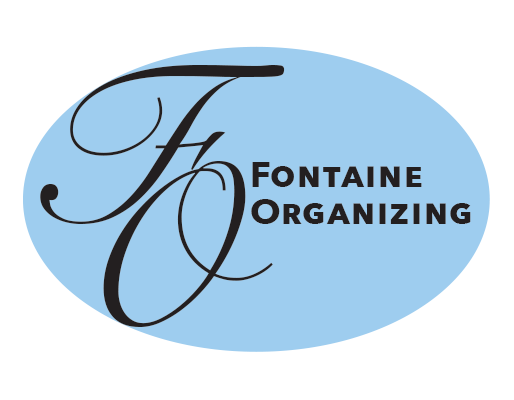Document Your Progress
Our brains do amazing things and help us navigate the world in fantastic ways. What they don’t do well, however, is store completely accurate memories.
That’s why documenting your progress in any endeavor of importance is vital if you want to know exactly where you came from to compare with where you end up. This can help prevent feeling like you’ve not made any progress (like when you are decluttering a room) or give you evidence that you are making progress that might not otherwise be visible (like practicing a daily shutdown ritual).
In my line of work, as a productivity and organizing professional, documenting progress can take several forms. Below, I’ve outlined a few of the most popular strategies that I recommend.
Before and After Photos
When starting an organizing project, we’re often so excited (or frustrated) and just want to get started. We think we won’t want to remember it in the messy state it’s in at the start. The problem is that after even a brief time spent working we don’t notice that we’ve made significant progress because we don’t accurately remember how it was. If you take before and after (or during) pictures from the same angle and then use a collage app to place them side-by-side, you’ll be able to clearly see the progress you’ve achieved.
Charts and graphs
If you’re trying to make progress towards a goal like paying off debt, increasing savings, or reaching a certain weight, then charts and graphs are a great way for you to visualize your progress. You can create your own, draw free-form, or use any number of templates that others have shared online.
Journal Entries
Sometimes, documentation of progress can be as simple as keeping a journal. A 5-year journal is a popular option because it makes reflecting on previous entries a breeze by having 5 years of entries for the same day of the year listed all on one page. You could also keep a journal specific to a goal or journey you’re on. For example, if you are trying to reach health goals you might keep a journal in which you only write entries related to your health.
Tally Sheets and Chore Charts
If you are trying to build habits, keeping tally sheets will give you an easy way to see how often you are completing the habit action. Some people use charts, others mark an “x” on a calendar or use a habit-tracker app. Chore charts aren’t just for kids and are another great way to make note of the completion of actions. As a bonus, seeing several boxes checked off in a row can be great motivation to keep up a streak when you don’t feel much like doing something.
It might seem like a hassle to document your progress toward a goal but it can have many benefits including proving to yourself that you have actually made progress, keeping you motivated as you continue on a long journey, or propelling you on when you feel like quitting.
I employ all of the above strategies in my own life and I recommend them to my clients as well. If you’ve never tracked using one of these strategies, pick something small that you want to work on and try one of the strategies to see if it makes a difference for you.
I’d love to hear about your results! You can send photos and stories of your tracking success to Admin@FontaineOrganizing.com.





